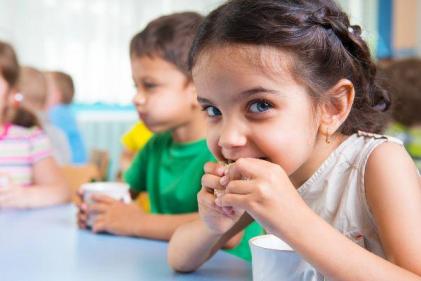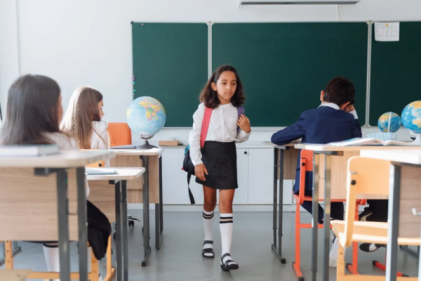
Bullying often happens in primary schools across the UK and has a huge impact on the child, classmates, teachers and family members.
Bullying can occur in numerous ways and is difficult to identify within a school setting. Individuals sometimes find it difficult to ask for support, as they are in a disempowered position as a result to bullying.
Children that have experienced bullying experience a mixture of feelings such as, fear, isolation, exclusion, disempowerment and embarrassment. They find it difficult to regain a sense of confidence and self-esteem.
A child's emotional stability is vital for achieving growth and development in their education. Emotional stability is often overlooked within this culture and is often an after-thought which is discussed when something goes wrong.
Types of bullying behaviour
Verbal
Where bullying behaviour is victimising an individual or a group of people by directing negative/critical comments about their race, culture, weight, accent, family and intelligence, to name a few. Sometimes, people make assumptions that verbal bullying is loud and visible to all, which isn't always true - verbal bullying can be in a passive manner, which is harder to identify.
Physical
Physical bullying behaviour can occur in a number of ways, which are often masked within a game or a sporting activity. It can be hard to identify within a school setting due to the huge number of children and, also, due to the subtle tactics of the bully. One assumption often made by parents is that girls don't bully, and that they don't bully boys.
Cyber
Cyber-bullying does happen whilst children are in primary school, and children have a huge awareness of the new social media platforms. Bullying online can be excluding individuals within social media/gaming groups, which can be very damaging to a child's emotional development. There is an assumption that bullying only happens on Facebook, which is not true.

How to support someone who is affected by bullying
Children that have been bullied often feel disempowered and identify as being a victim. There is a sense of loss of identify and lack of energy to stand up for oneself. Here are some ideas and thoughts of how to support children who have been bullied.
- Focus on building the child's confidence.
- Take small steps to build on their self-esteem.
- Have someone outside of the family unit listen to the child's experience of bullying (there is sometimes a real embarrassment).
- Counselling support (some schools offer counselling as extra support).
- Social groups and activity groups.
- Creative projects.
- Empower children to say what they need, and how to say ‘no, stop, go away’.
Familiarise yourself with the various different services in your area for building confidence.
Further help and advice:
- Bullying UK - provides free, confidential advice for parents on bullying, how to spot the signs, and how to support you through it.
- Kidscape - supporting young people and parents on bullying issues.
- The Cybersmile Foundation - works to stop cyber-bullying by supporting those that have been bullied online, and address the behaviour of those who bully.







